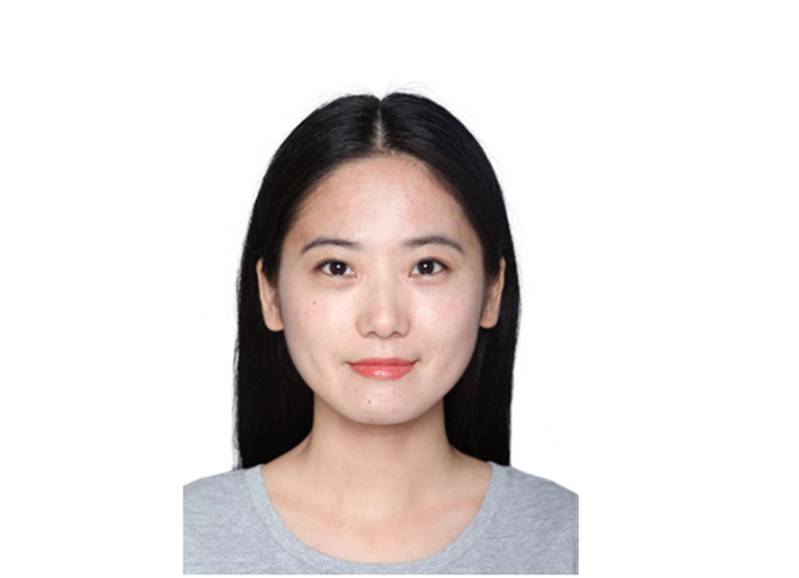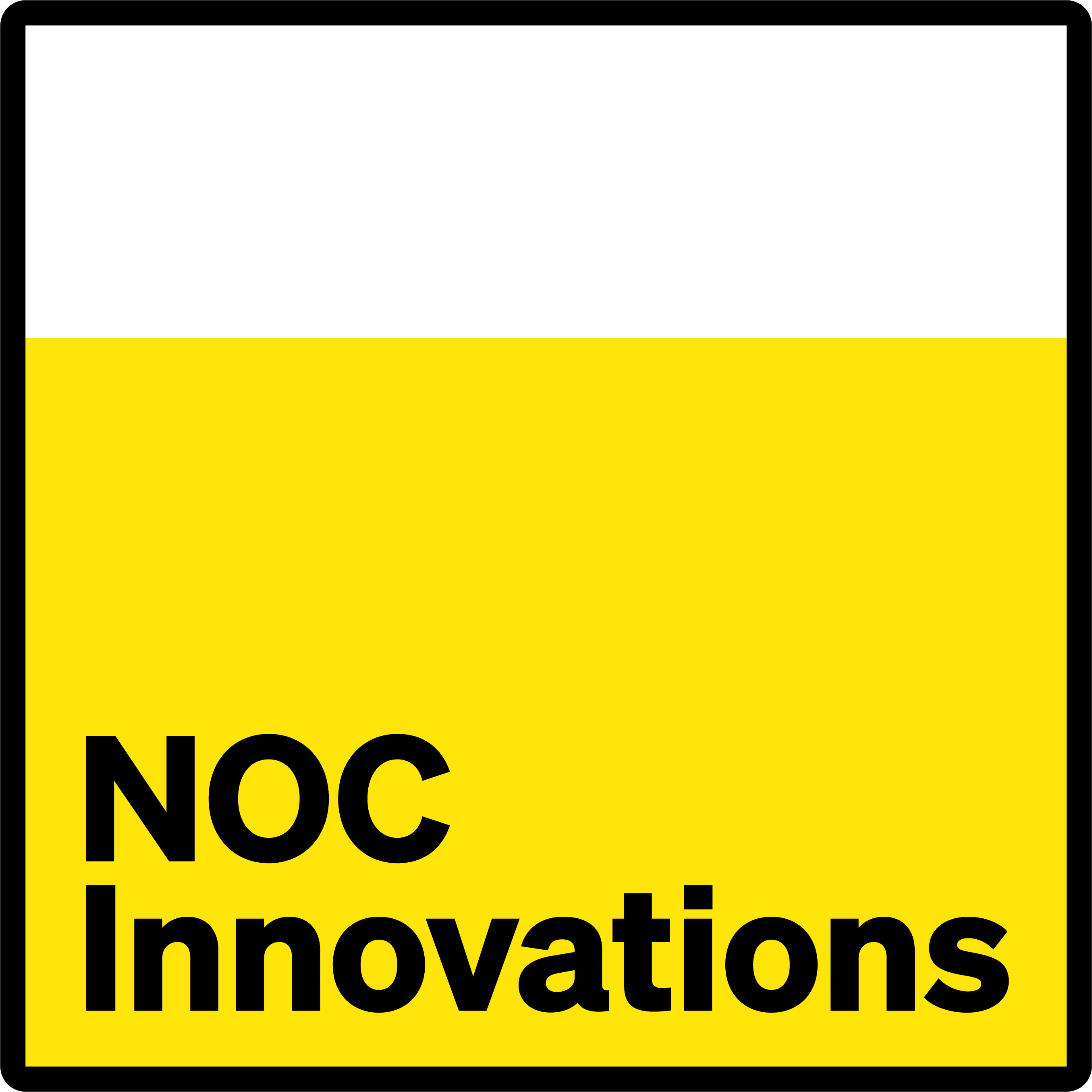Get to know our Transparent Ocean Research Fellow, Dr Ping Ma. Originally from China, she has been part of the Transparent Ocean team at the NSC since April 2022. Prior to joining the NSC, Ping received her PhD in ‘Electronic and Electrical Engineering’ from the University of Strathclyde. During her PhD, she obtained the John Anderson Research Award (JARA) Scholarship.
What is your research all about?
My research interests lie in the processing of satellite imagery, particularly in the cutting edge of hyperspectral imaging and the fusion of diverse remote sensing datasets.
Hyperspectral imaging offers a profound advantage by unravelling rich spectral signatures, empowering a deep understanding of material intricacies. Within this domain, my focus sharpens on pioneering noise-resistant feature extraction, meticulous band quality assessment and innovative hyperspectral data dimensionality reduction. Through these endeavours, my objective is to craft pathways to efficient and precise land mapping, illuminating landscapes with unprecedented clarity.
Venturing into the domain of multimodal data fusion, my journey is one of orchestrating a symphony of remote sensing modalities. Optical, radar imagery, depth data and more converge under my guidance, forming a chorus of insights. This harmonious integration leverages each modality's unique strengths, unveiling a panoramic vista of applications. From swift and pinpoint target identification to the vigilant watch over dynamic landscapes through change detection and saliency analysis, the fusion of multimodal data emerges as a beacon of precision and foresight.
My endeavours transcend mere data manipulation, embracing the frontier of artificial intelligence (AI) and computer vision. Through their fusion with feature extraction techniques, a new paradigm emerges - a synergy of human ingenuity and machine intelligence. This alliance paves the way for AI-driven applications across diverse domains. From discerning maritime infrastructure amidst vast oceans to delineating urban landscapes with surgical precision, the fusion of AI, remote sensing and visionary research illuminates a path towards a smarter, more connected world.
What or who first sparked your interest in your research subject?
During my undergraduate studies, courses in Remote Sensing Principles and Techniques, as well as Digital Image Processing, ignited a profound interest in the field for me. Learning about the capabilities of satellites for large-scale Earth observation, I became fascinated by their ability to provide vast amounts of data and insights into our planet's dynamics. Through the analysis of this data, numerous possibilities emerge, from monitoring environmental changes to aiding in disaster management efforts. The prospect of discovering new technologies and pushing the boundaries of these fields has been a driving force behind my passion.
Furthermore, during my doctoral studies, Professor Jinchang Ren played a pivotal role in nurturing my curiosity and providing invaluable guidance. Engaging in various projects under his mentorship, I delved into exploring innovative solutions to complex problems, acquiring a plethora of new skills and learning how to effectively apply my research endeavours to real-world engineering applications.
Moreover, my involvement with the National Subsea Centre (NSC) further fuelled my interest. At the NSC, I was exposed to a plethora of tasks in marine remote sensing, presenting abundant opportunities and challenges. This experience deepened my understanding of marine ecosystems and the challenges faced in ocean exploration. It also broadened my perspective on the importance of oceanic research in achieving ambitious goals such as net-zero emissions, thereby contributing to global sustainability efforts.
Overall, the combination of academic coursework, mentorship and practical experience has shaped my trajectory in the field of remote sensing and fuelled my dedication to pushing the boundaries of knowledge in pursuit of impactful solutions to pressing ocean monitoring challenges.
What impact is your research having outside of academia?
My research has had significant practical impacts beyond the academia domain, particularly in energy and materials detection.
Within the Hyperspectral Laboratory, our work provides automated solutions for rapid detection across various materials, ranging from barley used in whisky brewing to metal powders and food quality assessment. These technologies not only enhance product quality, but also revolutionise traditional detection methods, rendering them more efficient and precise. Furthermore, our research aids in optimising resource utilisation, reducing costs and bolstering competitiveness across related industries.
In the engineering realm, our utilisation of multiple sensor technologies and advanced machine vision algorithms has successfully automated the detection of marine energy facilities. This includes monitoring underwater pipelines, drilling platforms and wind turbines, thereby enhancing efficiency and reducing labour costs. This innovation not only heightens the security of critical infrastructure, but also contributes to steering the energy sector towards more environmentally sustainable practices.
Are there any role models or mentors who have helped you along the way?
Professor Jinchang Ren is my current line manager, and his expertise and guidance have been instrumental in shaping my research methodologies. Throughout my research journey, he has not only provided profound academic guidance, but also granted me the freedom and encouragement to explore new areas and experiment with innovative methods. His patient mentorship and dedicated nurturing have equipped me with invaluable knowledge and skills in project application, management, planning and beyond, which will have a profound impact on my future academic endeavours. I am grateful for his meticulous guidance, which has enabled me to progress and grow continuously in my research pursuits.
Additionally, I would like to extend my heartfelt gratitude to Professor John McCall, Director of the NSC, for his invaluable support and guidance. Under his mentorship, I have gained in-depth insights into the processes and techniques involved in proposal preparation and project delivery, accumulating invaluable experience. His exceptional leadership and expertise have played a crucial role in shaping my professional development. I am committed to converting their guidance into academic achievements and making greater contributions to scientific research and societal advancement.
What advice do you have for somebody embarking on a research career?
Perseverance is key in the realm of research. Embracing difficulties and challenges, rather than shying away from them, is essential for making breakthroughs. Through unwavering dedication and resilience, researchers can overcome obstacles and achieve remarkable results. Continuously pursuing research goals, even in the face of adversity, is the path to success.
Engaging in dialogue with fellow researchers and scholars from diverse fields is pivotal for broadening perspectives and gaining fresh insights. Collaborating and exchanging ideas with peers allows for the sharing of experiences and the exploration of new approaches to problem-solving. Particularly in interdisciplinary collaborations, the synergy between experts from different domains often leads to innovative and forward-thinking research outcomes.
When tackling research tasks, prioritising the main objectives and effectively managing priorities is paramount. Research endeavours encompass various tasks and projects, each with its own level of importance. Thus, recognising and addressing the primary challenges while appropriately allocating resources and time enhances the efficiency and productivity of research endeavours.
Favourite thing about the NSC?
The NSC provides excellent hardware technical support, actively addressing the hardware requirements essential for advancing research. This support is crucial in driving the progress of scientific inquiry. By furnishing state-of-the-art equipment and technical assistance, researchers can fully unleash their creativity and imagination, thereby achieving more significant breakthroughs in their fields of study.
Moreover, the NSC fosters a conducive work environment that encourages independent thinking and fosters creativity, granting employees ample autonomy. Within this atmosphere, colleagues support and encourage one another, fostering a sense of camaraderie and providing invaluable assistance and encouragement in research endeavours. This friendly and harmonious work environment significantly boosts employees' enthusiasm and creativity in their work.
Furthermore, the NSC boasts robust industry connections, offering abundant opportunities in sectors such as energy, marine sciences and achieving net-zero emissions. These industry links provide researchers with platforms for collaboration with industry experts, facilitating the exchange of knowledge and resources. Such collaborations promote interdisciplinary cooperation and knowledge dissemination, thereby facilitating the advancement of research and fostering innovative outcomes.
What do you enjoy doing outside of work?
Travelling and photography are my passions, as they allow me to immerse myself in diverse landscapes, experience different cultures and appreciate various forms of art. Exploring the world through these lenses fuels my curiosity and broadens my perspective on life.








